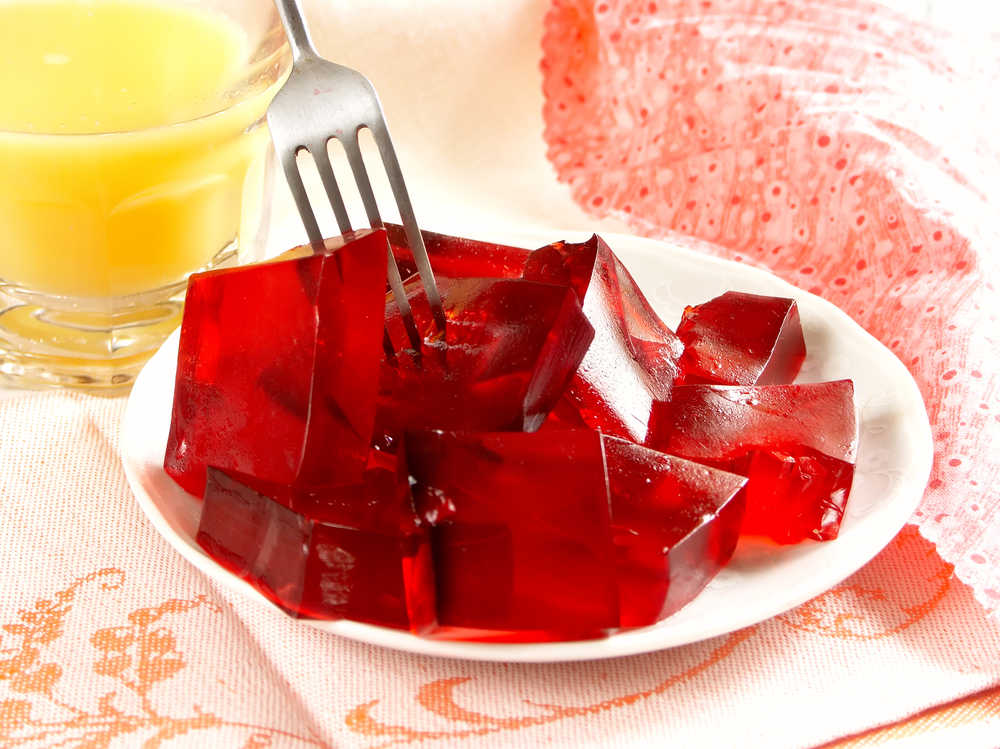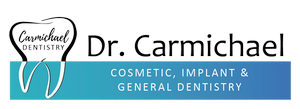4 Facts About the Dental Implant Recovery Process

Dental implants provide patients with a long-term solution to missing teeth. They consist of tiny titanium posts that dentists place on patients’ jawbones and connect to a single crown, fixed bridge, partial denture, or complete denture. Just like with any other surgery, dental implants take time to heal. Your bones need time to mend, which takes several months. However, regarding the incisive injury, it can heal in as little time as two weeks. Below we will cover 4 facts about the dental implant recovery process so that you know what to expect.
1. How Long Does the Pain Last?
While the type of implant you get will affect the duration of the pain you will experience, in general (for a simple implant procedure), the discomfort will most likely peak within about 3 – 5 days after your treatment. By the end of the first week, you will start to feel a little better. Don’t forget that the pain will cease gradually—not completely at once—so be patient. If you notice that the pain hasn’t subdued after two weeks, be sure to check in with your dentist. If you have a complex implant procedure, keep in mind that the pain may last longer. Your dentist might advise consuming only soft foods for the next six weeks.
2. How Long Does it Take an Implant to Heal?
Again, your dental implant recovery time will depend on the type of surgery you get (such as grafting, tooth extractions, etc.) and the number of teeth you get extracted/implanted (single, multiple, or full). Depending on the state of your jaw and the size of your implants, the initial healing can take anywhere from 7 – 12 days. However, the time it takes your implant to fully integrate into the bone is 3 – 6 months.
3. What Should I Eat After Getting My Implants?
After getting your dental implants, you will have to watch what you eat. Blood clots in your mouth will be repairing the wounds, so it’s important for you to try not to disturb them. You should completely avoid drinking carbonated beverages, alcohol, or drinking from a straw, as it can remove your blood clots. It will be really difficult to chew and eat for the first several days as it could irritate the operated area. However, you can consume soft, mushy foods! Examples of foods you should eat after getting your dental implants include:
- Mashed potatoes
- Bakes or cooked beans
- Soup
- Bananas
- Healthy juices
- Jell-O
- Apple sauce
- Puddling
- Yogurt
- Oatmeal
In general, you should avoid foods that are overly chewy, rough, hot, or spicy.

4. Self Care for a Swift Recovery
Just like with any other surgery, taking proper care of yourself will ensure a quicker recovery. Things you should do after your dental implant include:
- Rest – It’s important to get proper rest after getting your implant. You may feel drowsy, especially if you were given a sedative. Avoid strenuous activities that require bending or lifting as it could cause the blood clots in your mouth to dislodge and bleed. You may need extra pillows to keep your head elevated while sleeping.
- Apply Ice – It’s normal to have bruises and a swollen face after your surgery. Apply ice on your cheeks near the swollen areas.
- Follow Up – Be sure to follow up with your dentist so that they can ensure that you’re healing correctly and no issues are arising.
Getting dental implants is a big deal. Ensure a quick recovery process by taking care of yourself and following these tips. Be sure to talk to your dentist for specific instructions regarding your particular treatment. We hope this blog helped give you a general idea of what to expect and what you should do to recover from an implant. For more information or to get your dental implants, contact the expert team at Carmichael Dentistry! Schedule your appointment today by calling (858) 484-2560 or clicking here.




